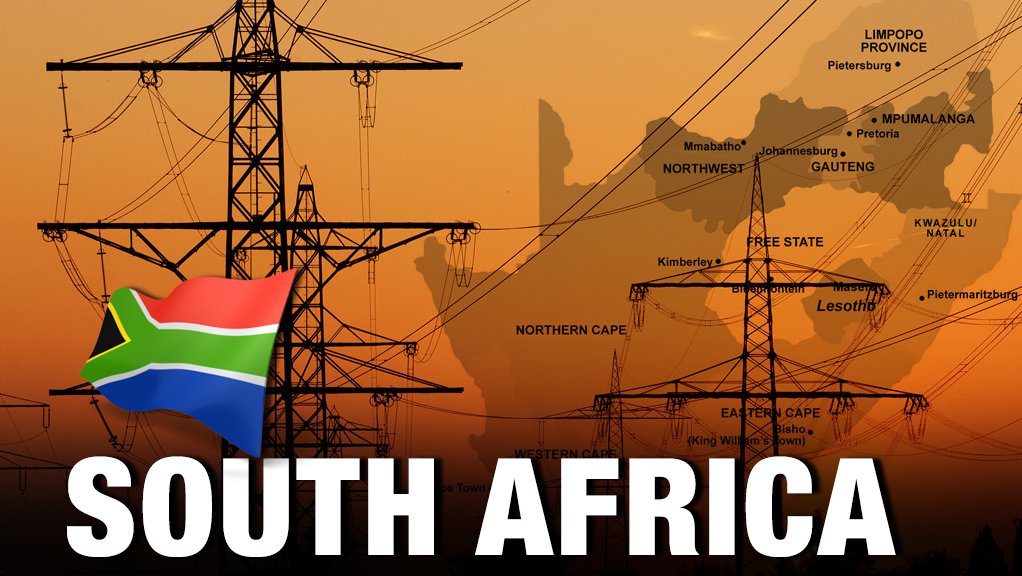The Free Market Foundation (FMF) is seeking council in an attempt to mandate government to implement the 1998 White Paper on Energy Policy, which had been adopted under Section 198 of the Constitution, FMF executive director Leon Louw said on Wednesday.
During a media briefing, following the foundation’s submission of comment to the Department of Energy (DoE) as part of the Integrated Resource Plan (IRP) update report’s public participation process, FMF director Eustace Davie stated that the foundation believed the 1998 policy could benefit the South African electricity sector through the creation of an “electricity market”.
According to the 1998 White Paper, customers should be given the right to choose their electricity supplier and open, nondiscriminatory access to the transmission system had to be provided, Davie said.
He added that the 1998 policy also stated that competition had to be introduced into the industry and, specifically, into the generating sector, while private sector participation in the electricity industry had to be encouraged.
This policy was in direct contrast with the IRP, which did not include the concepts of consumer choice, competing retail suppliers, electricity trading, independent transmission and distribution grids, as well as competing electricity generation companies, Davie explained.
The FMF, in its comment to the DoE, stated that “the absence of open competition in the generation and supply of electricity in South Africa is a fatal flaw that receives no mention in the IRP planning report”.
The foundation said while all the developed economies and many of the developing economies in the world had, or were in the process of, introducing competition in all possible aspects of their energy industries, the IRP report that was issued for comment contained calculations going forward to 2050 appeared to assume that, although the matter was not mentioned, the continuance of Eskom’s State-owned vertically integrated monopoly in the generation and supply of the bulk of the country’s electricity.
“[However], there is no sound economic or any other reason for government to continue on the current path. An electricity environment in which dependent power producers compete with Eskom for the business of consumers would be far superior to the current structure,” the FMF said.
The foundation was, therefore, as an alternative to the IRP, suggesting the establishment of an electricity market as was envisaged in the 1998 White Paper, Davie explained.
He said this market should extend beyond the borders of South Africa to all Southern Africa Development Community countries that had stable and reliable electricity grids, and should include an adequate number of generating firms offering supply into the market.
Electricity wholesales would also be required for the market to function optimally, as these wholesalers would smooth prices and source electricity for large users and retailers.
The FMF was also suggesting the establishment of independent transmission and distribution grids.
Louw stated that the foundation was optimistic that the senior council it was liaising with would advise that the Constitutional Court would, if there was an official case, rule in the FMF’s favour, with regard to the implementation of the 1998 policy.
This senior council opinion would then be presented to government and the FMF hoped to settle the matter without having to go to court, he said.
EMAIL THIS ARTICLE SAVE THIS ARTICLE
To subscribe email subscriptions@creamermedia.co.za or click here
To advertise email advertising@creamermedia.co.za or click here











